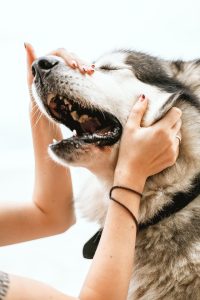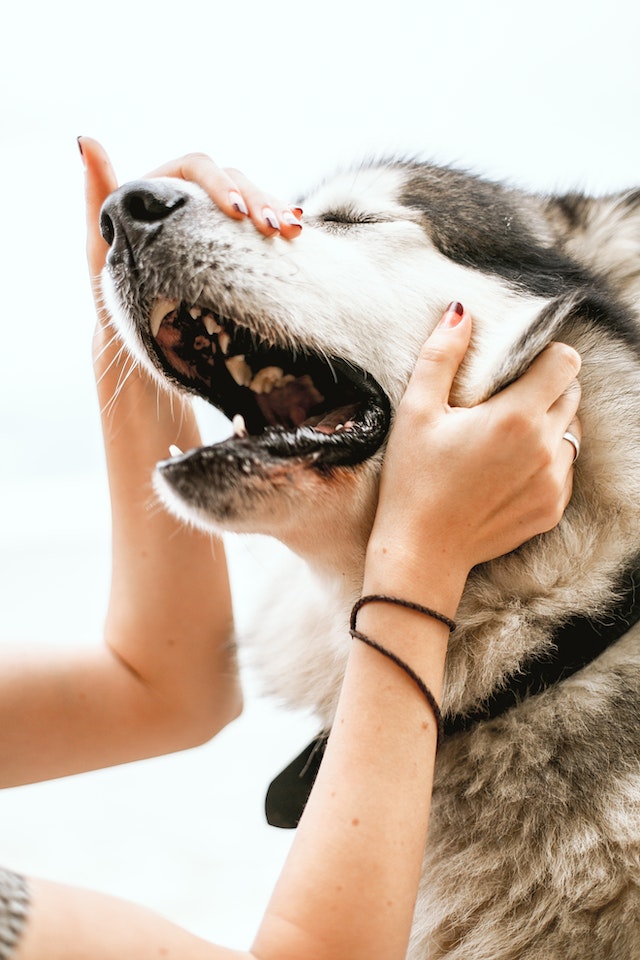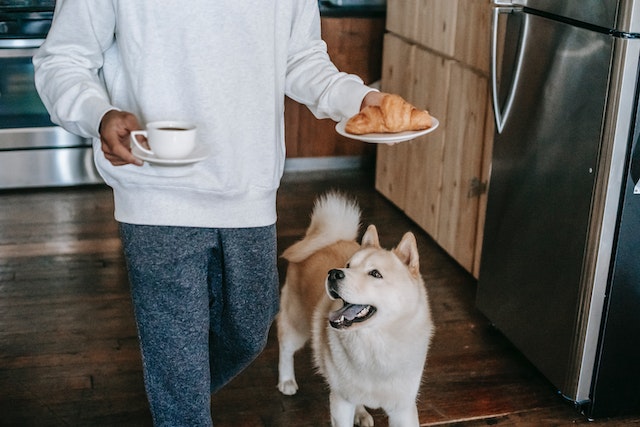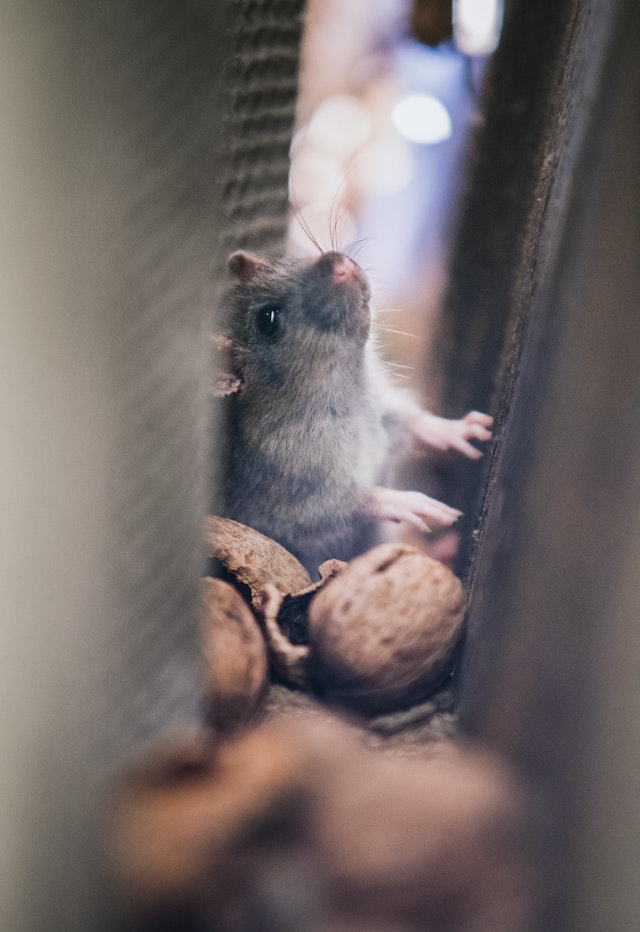Effective Dog Training Techniques for a Well-Behaved Pup
Bringing a new pup into your home is a delightful experience, but it also comes with the responsibility of proper training. A well-behaved dog is not only a joy to have around but also an important part of your family. In this guide, we’ll delve into essential tips and techniques that will help you shape your furry friend into a polite and well-mannered companion.
Understanding Canine Behavior
Successful dog training starts with understanding the behavior and instincts of our canine companions. Dogs communicate through body language and signals, which can help us interpret their feelings and needs. Positive reinforcement, a cornerstone of effective training, involves rewarding desired behaviors to encourage their repetition. By recognizing and rewarding your pup’s good behavior, you lay the foundation for a well-behaved pet.

Basic Training Commands for Your Pup
A well-trained dog understands and responds to basic commands. “Sit,” “stay,” and “come” are fundamental commands that ensure your pup’s safety and your control over their actions. When teaching these commands, use treats and praise to reinforce positive behavior. Consistency is key; practice the commands daily in short sessions to gradually build your pup’s understanding and obedience.
Leash Training and Walking Etiquette
Teaching your pup to walk on a leash without pulling is vital for enjoyable walks. Begin by allowing your pup to get accustomed to wearing a leash and collar. Use the “heel” command to encourage walking beside you. Reward your pup for walking without tension on the leash, and gradually increase the distance and distractions to reinforce good leash manners.
Socialization and Interaction: Key to a Well-Adjusted Pup
Proper socialization is crucial for a well-behaved and confident pup. Introduce your dog to various people, pets, and environments from an early age to prevent fear or aggression later on. Organized playdates and positive interactions with other dog’s help develop your pup’s social skills. Monitor playtime to ensure it remains positive and safe for all involved.
Addressing Common Behavioral Issues
Potty training, chewing, and biting are common challenges when raising a pup. Establish a consistent routine for potty training and reward successful outdoor trips. Provide appropriate chew toys to redirect teething behavior and discourage biting through gentle training techniques. Patience and understanding are essential during these stages.
Advanced Training and Mental Stimulation
As your pup masters’ basic commands, you can progress to more advanced tasks like “lie down,” “roll over,” and “shake.” These commands stimulate your dog mentally and provide an opportunity for bonding. Additionally, incorporate puzzle toys and interactive games to keep your pup engaged and mentally sharp.
Conclusion: Nurturing a Strong Bond with Your Well-Behaved Pup
In conclusion, effective dog training techniques are crucial for fostering a well-behaved and harmonious relationship with your pup. Understanding canine behavior, teaching basic commands, and addressing behavioral challenges with patience and positive reinforcement will contribute to a confident and obedient dog. By investing time and effort into training, you’ll create a strong bond and lasting companionship with your furry friend.










